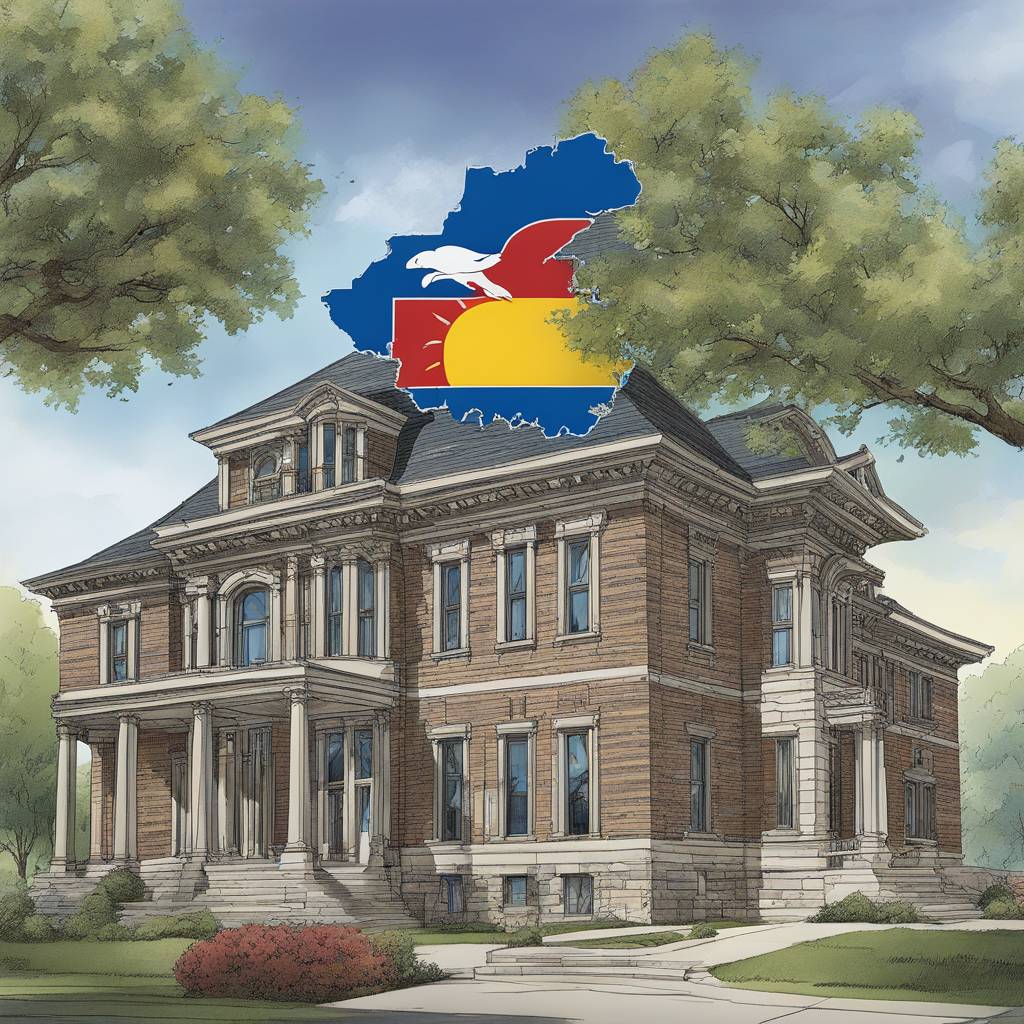The Kansas House has made it easier for residents to find out who is behind proposed bills by listing not only the bill’s number and official sponsor, but also who requested it, whether it be a lawmaker or a lobbyist for a specific client. This move aims to rebuild trust in the legislative process and provide transparency to the public. While this practice is uncommon among state legislatures, it has been well-received by government transparency groups.
The response to the new practice has been mixed among lobbyists, with some expressing less enthusiasm about the increased disclosure. While the Kansas Senate is not required to follow the House’s rules, Senate President Ty Masterson has shown openness to the idea. Despite some skepticism, the increased transparency could potentially shed light on the motives behind proposed bills and help constituents understand the legislative process.
At least seven states require lobbyists to disclose information about specific measures their clients are monitoring, but Kansas currently does not have such requirements. The House’s move towards greater transparency is seen as a positive step by lawmakers like Rep. Stephanie Sawyer Clayton, who have expressed willingness to further increase disclosure. The House’s rules were changed to require more information on bills in 2021, after years of planning and cooperation among legislative staff.
In recent years, committees have sponsored almost 85% of bills in the Kansas Legislature, a shift from individual lawmakers being the primary sponsors of bills. Critics argue that this trend, along with the allowance of “anonymous” bills, has contributed to a lack of transparency in the legislative process. However, some believe that having a committee sponsor a bill gives it more credibility, as it represents a larger group of lawmakers supporting the legislation.
The implementation of broader disclosure rules in the Kansas House represents a move towards a more transparent legislative process. Lawmakers like Rep. Adam Thomas view the increased transparency as a positive change, as it requires them to understand the implications of bills they sponsor or support. By revealing who requested a bill, lawmakers can evaluate the motives behind proposed legislation and make more informed decisions during the legislative process.
While the increased transparency in the Kansas House has been met with some skepticism, it is seen as a positive step towards rebuilding trust with the public. Critics worry that the practice could make legislating seem more transactional, with bills appearing as sponsored products. However, supporters believe that the disclosure of who requested a bill provides important context for understanding the legislative process and ensures that lawmakers are held accountable to their constituents.













